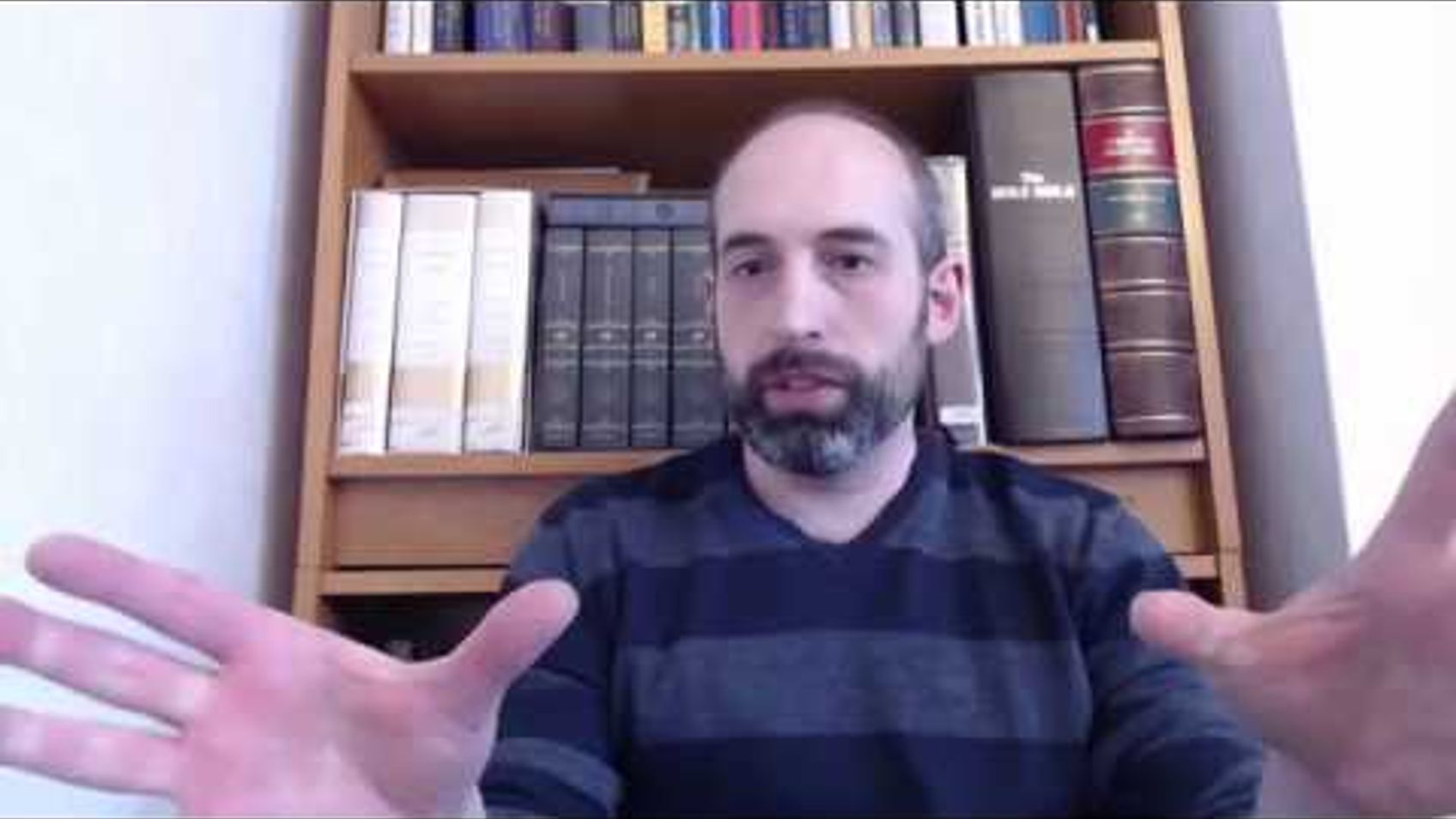Q&A#110 The Test of Jealousy

Today's question: "How should we interpret the water of bitterness in the ordeal for adultery in Numbers chapter 5? Is this some sort of a miracle on demand? If not, how much of an idea can we get regarding what's going on?"
I discuss this passage in much greater depth in this post: https://alastairadversaria.com/2013/02/09/the-cup-of-the-adulteress-understanding-the-jealousy-ritual-of-numbers-5/
My blog for my podcasts and videos is found here: https://adversariapodcast.com/.
If you have any questions, you can leave them on my Curious Cat account: https://curiouscat.me/zugzwanged.
If you have enjoyed these talks, please tell your friends and consider supporting me on Patreon: https://www.patreon.com/zugzwanged. You can also support me using my PayPal account: https://bit.ly/2RLaUcB.
The audio of all of my videos is available on my Soundcloud account: https://soundcloud.com/alastairadversaria. You can also listen to the audio of these episodes on iTunes: https://itunes.apple.com/gb/podcast/alastairs-adversaria/id1416351035?mt=2.
More From Alastair Roberts






More on OpenTheo















